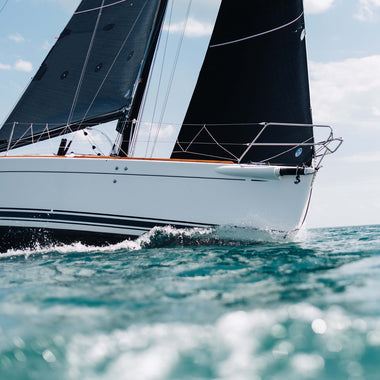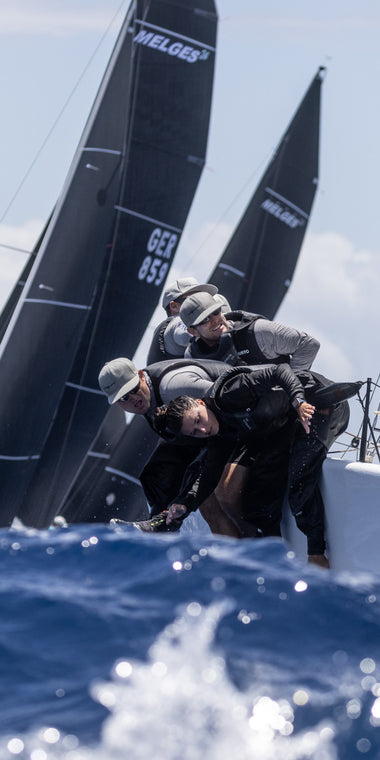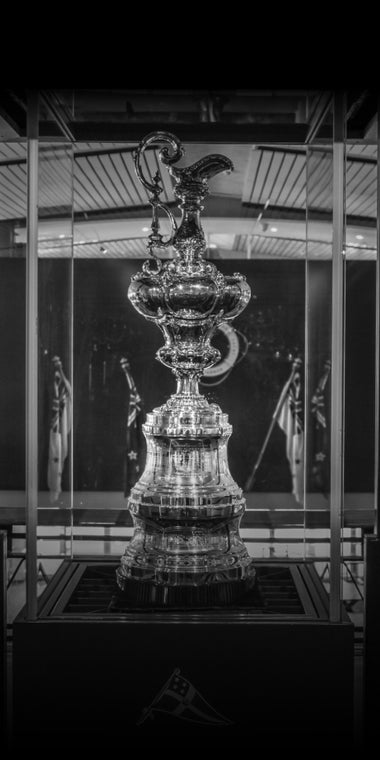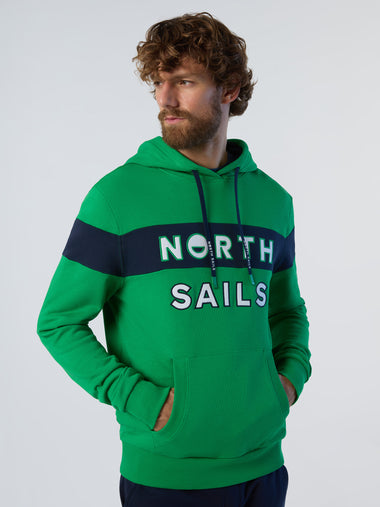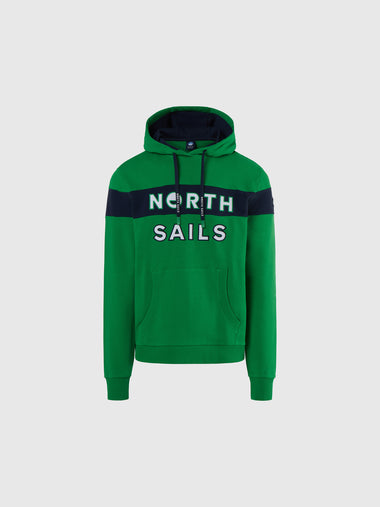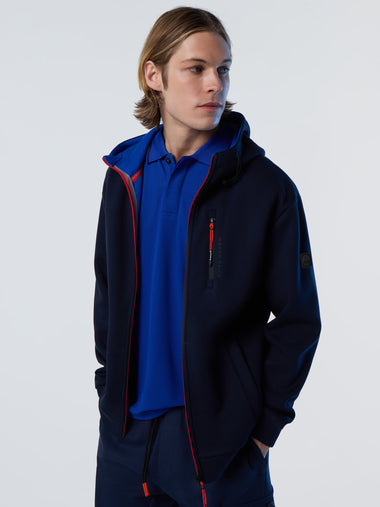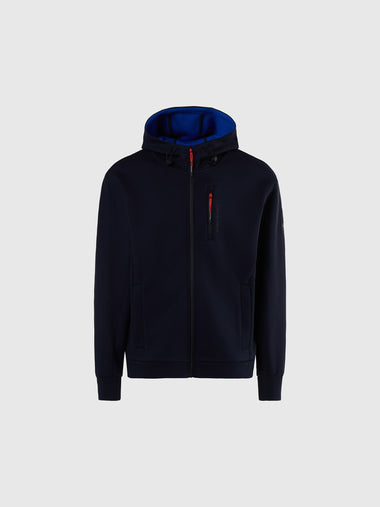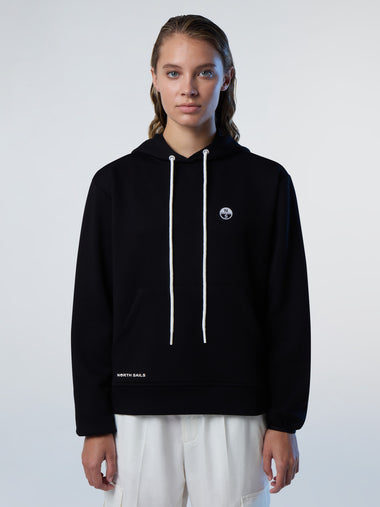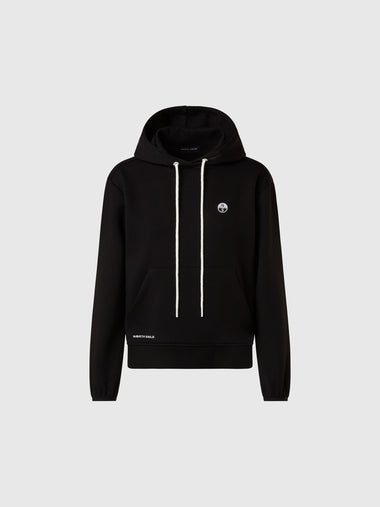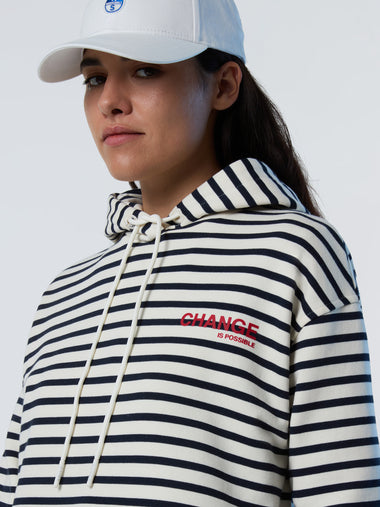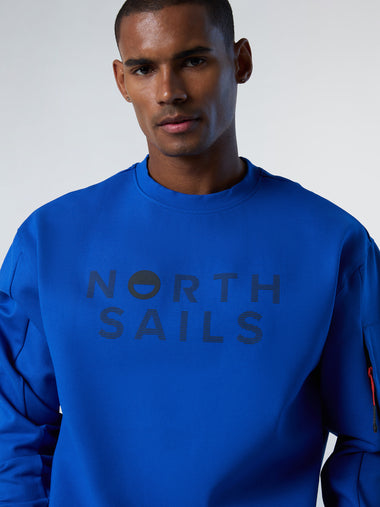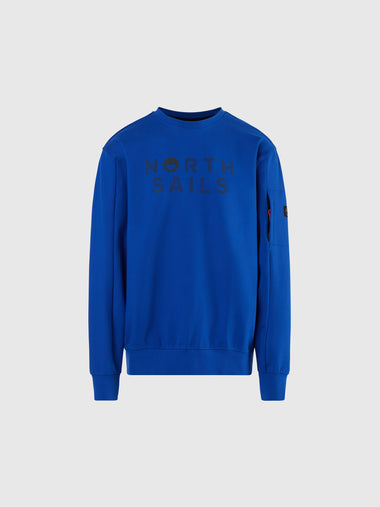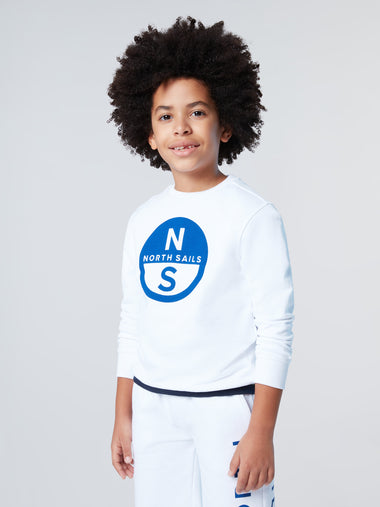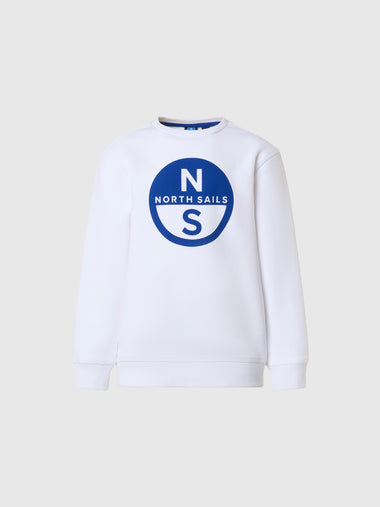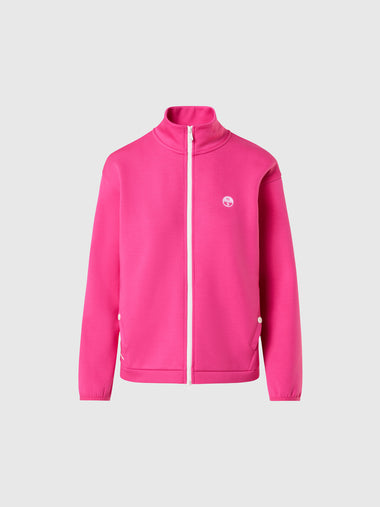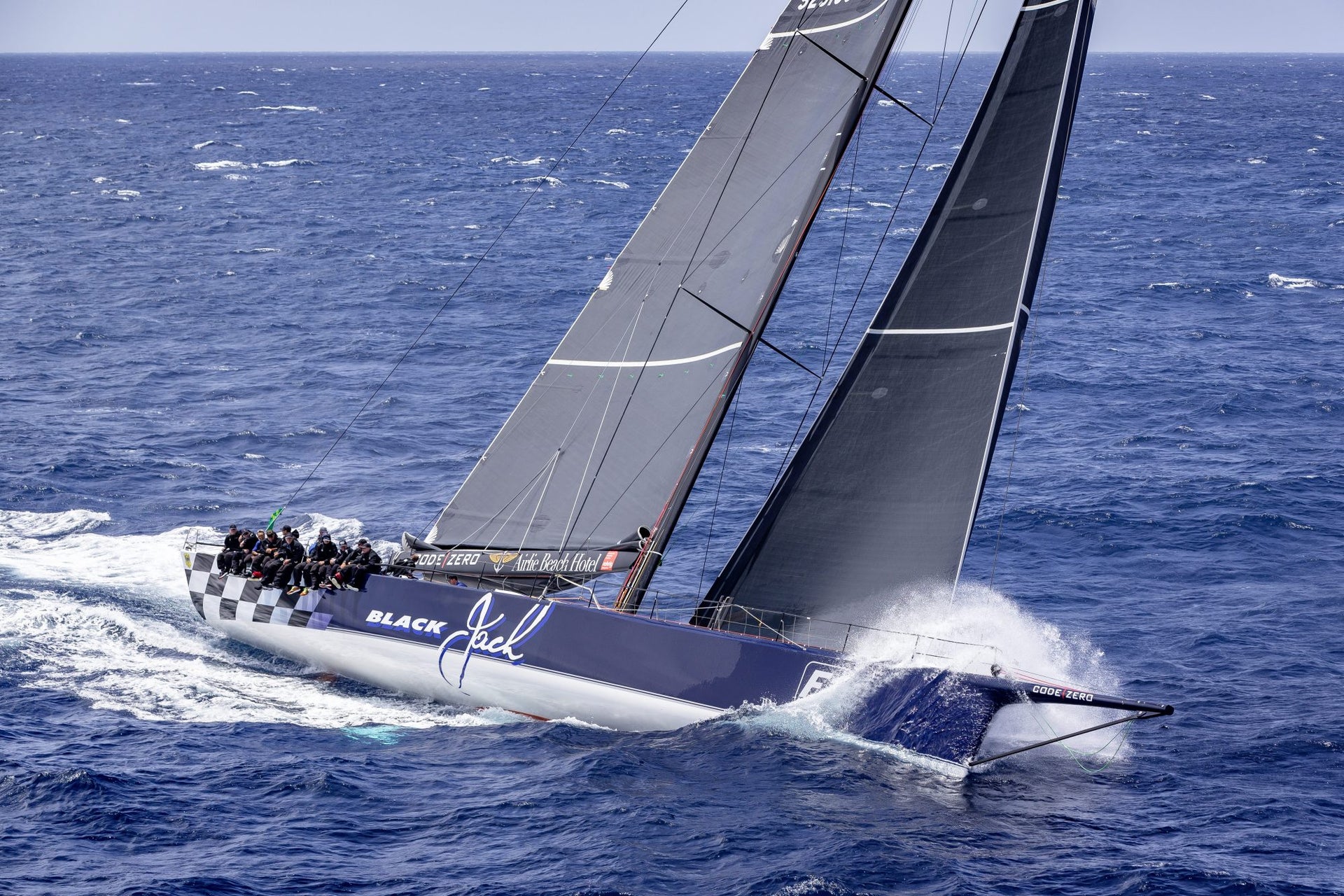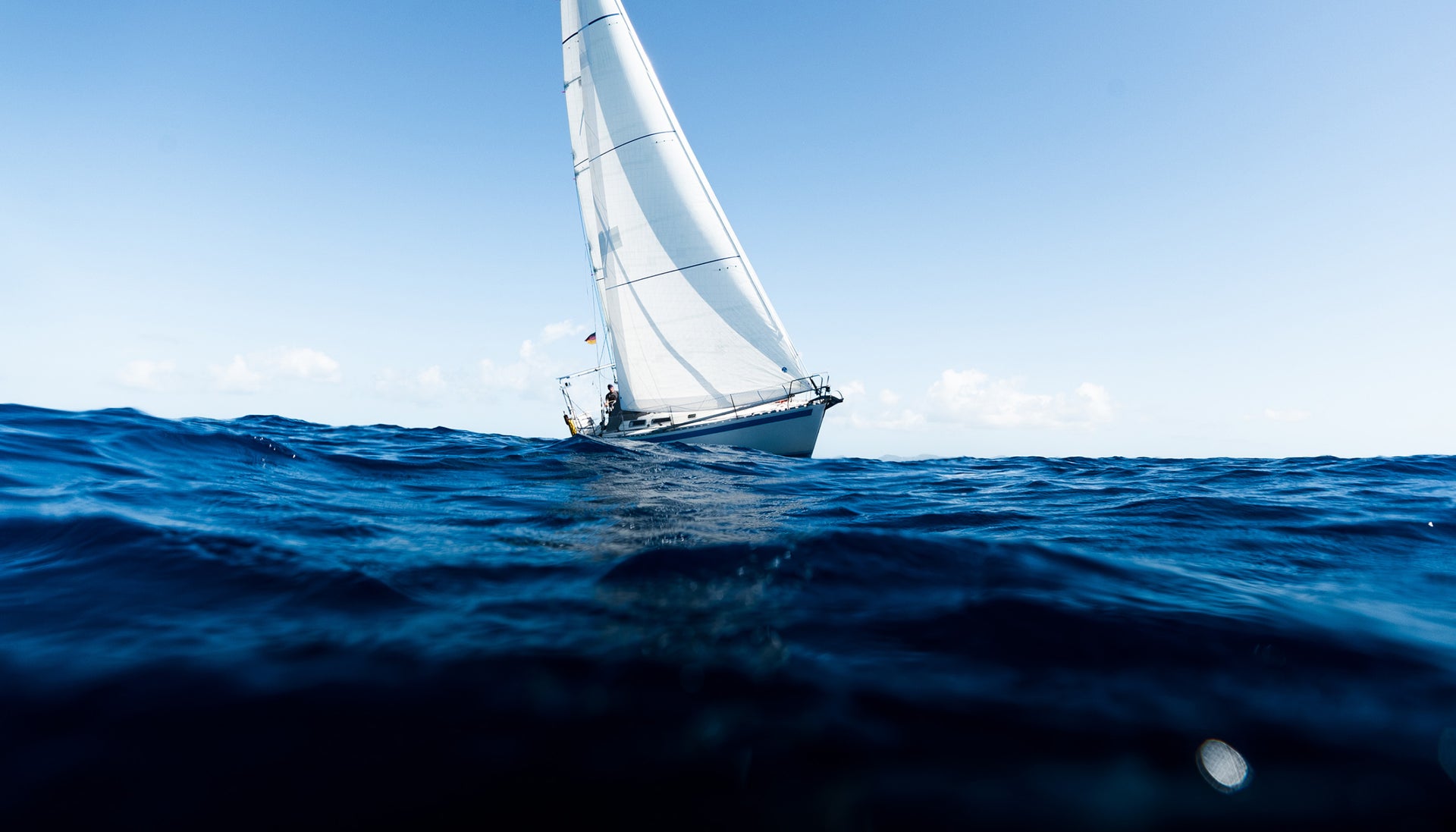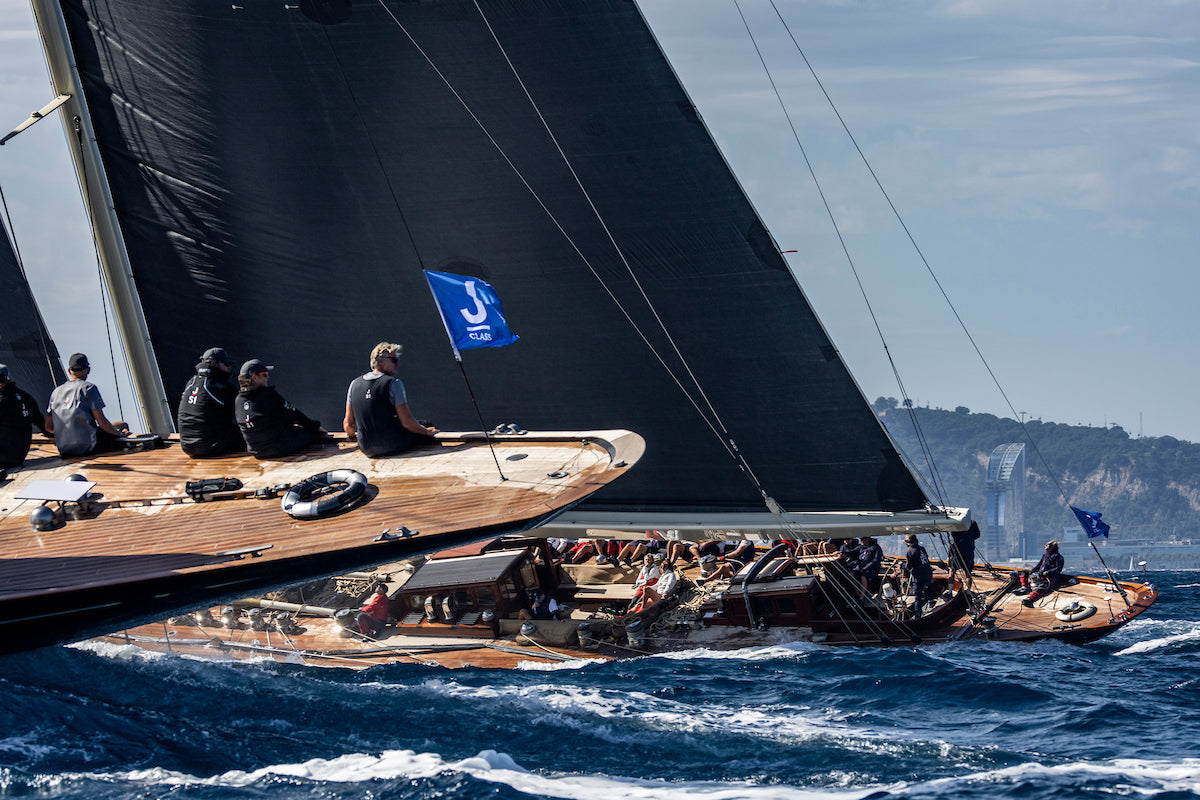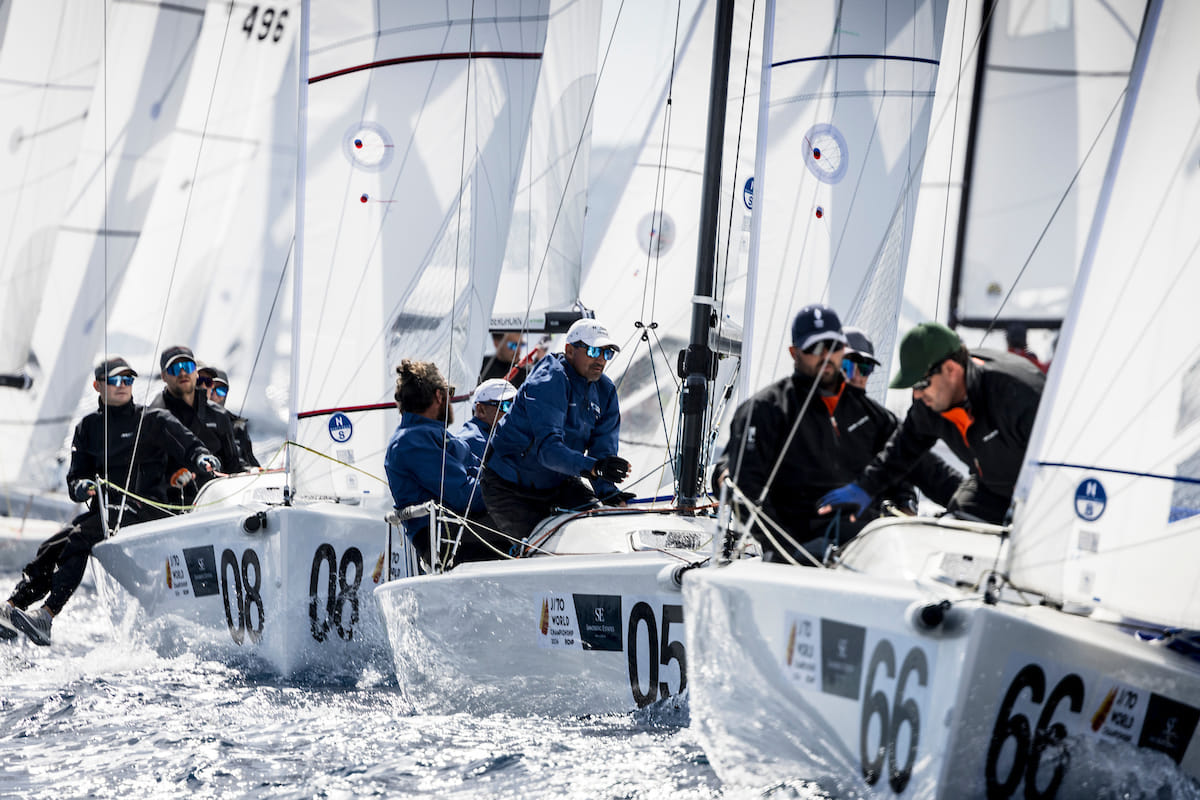BLACK JACK'S WINNING COMBINATION
BLACK JACK’S WINNING COMBINATION
Sail Designer Magnus Doole and Black Jack Skipper Mark Bradford Explain The Steps That Lead To Owner Peter Harburg’s First Win In “The Great Race.”

When Black Jack’s mast fell over the side during a record-setting run last April, the team quickly decided to turn their devastating loss into a performance upgrade. That decision paid off when Peter Harburg’s team claimed line honors in the 76th edition of the Rolex Sydney Hobart Yacht Race.
The RP100 had always struggled upwind against Christin Beck’s wider LawConnect, a Juan-K design. So we wanted to understand how an experienced team of sailors and North Sails design engineers overcame this boat’s known weak point. The answer? A new aero package that took advantage of Helix’s load-sharing technology.
Magnus Doole, the team’s New Zealand-based sail designer, says that the brief for Black Jack‘s new inventory called for more than simply replacing the old sails and rig. While the majority of Black Jack’s sails had minimal hours on them due to canceled regattas in 2020, the Helix design philosophy had evolved significantly.
North Sails Australia Managing Director Mark Bradford is Black Jack’s skipper. “We knew we wanted all our sails to focus around Helix’s load sharing capabilities,” Bradford says. “It was then a question of figuring out the target ratio and trade-off of luff load vs. stay load. Whether you’re incorporating Helix onto a new build or upgrading your inventory, it’s all about the balance between reliability, performance, and sail stability. North Sails has an arsenal of design tools and a deep bench of talent like Magnus. It was really an easy solution to come up with for our team.”

Doole and Southern Spars’ Jarrad Wallace modeled a new aero package with the North Design Suite that optimized the combination of load-sharing Helix sails, a new mast, and Future Fibres rigging. “We set out to deliver a more efficient package using recent advances in sail structures,” Doole explains. “The boat has always had an Achilles heel. She is very skinny and low drag, but has a lower righting moment than her competitors. Upwind in a breeze has been her downfall.”
“Magnus used Membrain to run various upwind, reaching and running sail configuration simulations,” Bradford says. “We then handed the sail designs, structural information, pressure files, and load data to Jarrad and the Southern team who ran rig-specific analysis along with the North software.”
Together, the Black Jack crew has sailed over 200 Sydney- Hobarts, so their practical onboard experience was factored in as well. Bradford, Black Jack’s Sailing Master and mainsail trimmer, Bruce Clark, and North Expert Vaughn Prentice all provided input, along with Alex Nolan, Will McCarthy, Ryan Godfrey.
“Thanks to Helix,” Doole says, “we netted a 10% savings in the rig and rigging while making significant gains in stiffness. With load sharing comes less mast compression, so we turned part of that gain into a lighter and stiffer mast. If you were doing all of this on an existing mast, it would be like creating more stiffness overnight for the same rig.”
This kind of optimization has been done with many other projects, he adds. “North Sails can easily pass this type of experience on to boats of all sizes and shapes, whether you have a new mast on order or will use an existing mast and rigging package.”
The first big offshore test for Black Jack’s new aero package was the grueling race to Hobart—so winning line honors was an important validation. Besides adding inherent stability to a skinny boat by reducing weight aloft, the new Helix sails adapted well to the wide range of upwind sailing conditions along the 628-mile course. More range from each sail allows boats like Black Jack to reduce the number of sail changes, which in turn reduced crew fatigue.
“The key advantage of Helix is range,” says Bradford. “It directly contributes to reduced sail changes and a more optimized sail shape through a much wider range of conditions. You can significantly change sail shape when the sails get out of range to put them back in range. The benefit is carrying fewer sails, less weight, fewer sail changes, reduced downtime, increased performance.
“By taking advantage of Helix design philosophy and reducing weight in our sail structures,” he concludes, “we managed to hold off a much faster upwind boat when it was windy. Then when the conditions turned in our favor, we could extend. Black Jack is now a far better all-around boat, and this has mostly come from the changes we’ve made above the deck.”
Advanced mathematical modeling complements the North Sails innovative spirit. In Episode 1 of the new North Sails podcast, we talk design, simulation, and the bespoke North Design Suite with three generations of sail engineers. Michael Richelson, Marco Capitani, and Brodt Taylor all bring their unique skills to the table and help create cutting-edge products that give North Sails its signature competitive edge.
